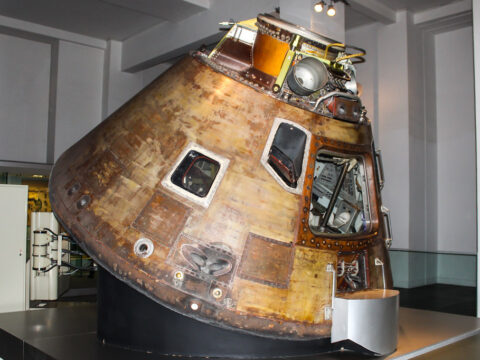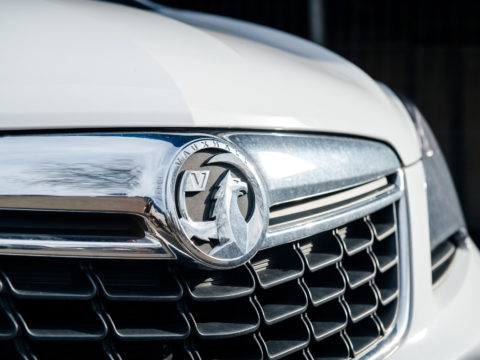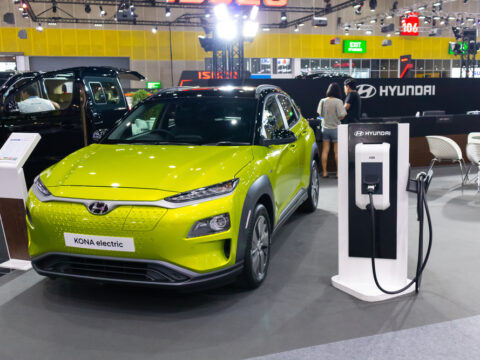When it comes to rally racing, only a select few cars have truly mastered the art of conquering dirt tracks. These machines were built to handle extreme conditions, from muddy roads to sharp turns, all while maintaining incredible speed and control. In this list, we’ll take a look at 20 rally cars that left a lasting mark on dirt track racing, showcasing their power, precision, and legendary performances.
Contents
Audi Quattro A1
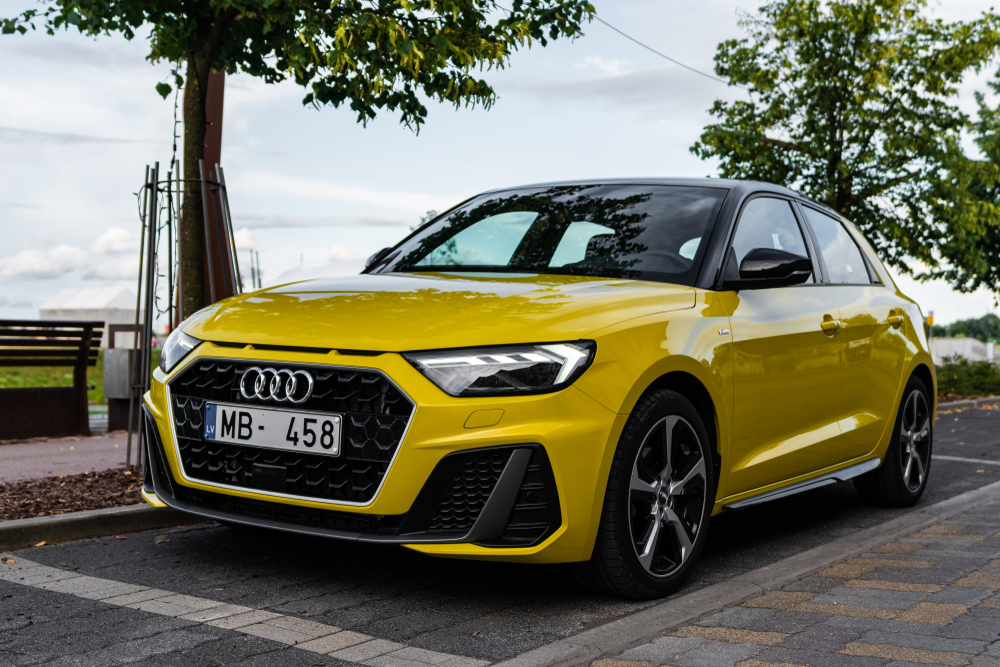
The Audi Quattro A1 revolutionized rally racing by introducing all-wheel drive to the sport, giving it a massive advantage on dirt and loose surfaces. Its turbocharged inline-5 engine produced over 300 horsepower, enabling it to dominate the dirt tracks. The Quattro’s innovative Quattro system provided incredible grip, allowing for faster cornering and superior stability on challenging terrains, setting a new standard for rally cars in the 1980s.
Subaru Impreza WRX STI
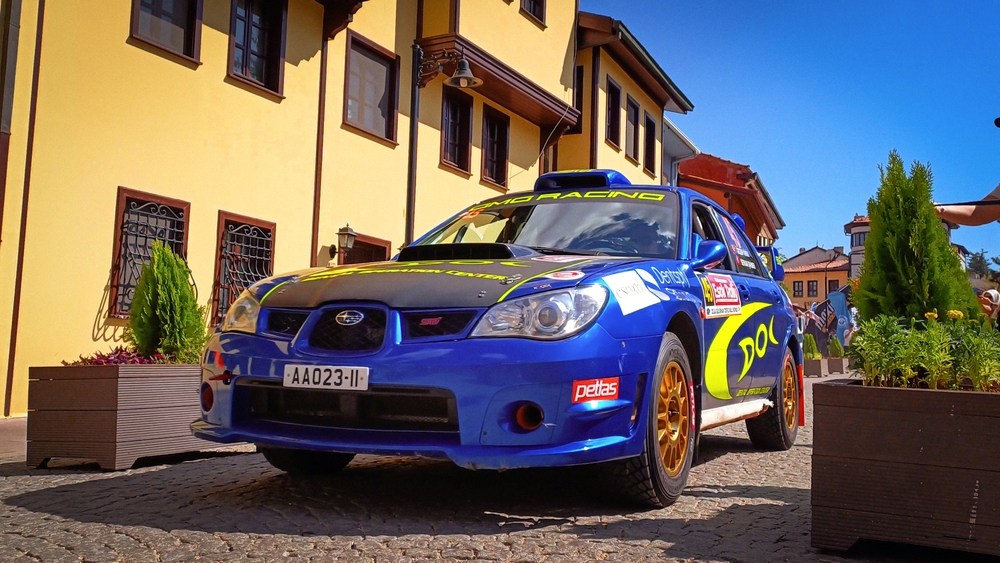
With its signature boxer engine and all-wheel-drive system, the Subaru Impreza WRX STI became a legend in rally racing. The combination of a turbocharged 2.0L engine, capable of producing upwards of 300 horsepower, and the symmetrical AWD made it a force to be reckoned with on dirt tracks. Its multiple World Rally Championship (WRC) wins solidified its place as one of the best dirt track rally cars in history.
Ford Escort RS1800
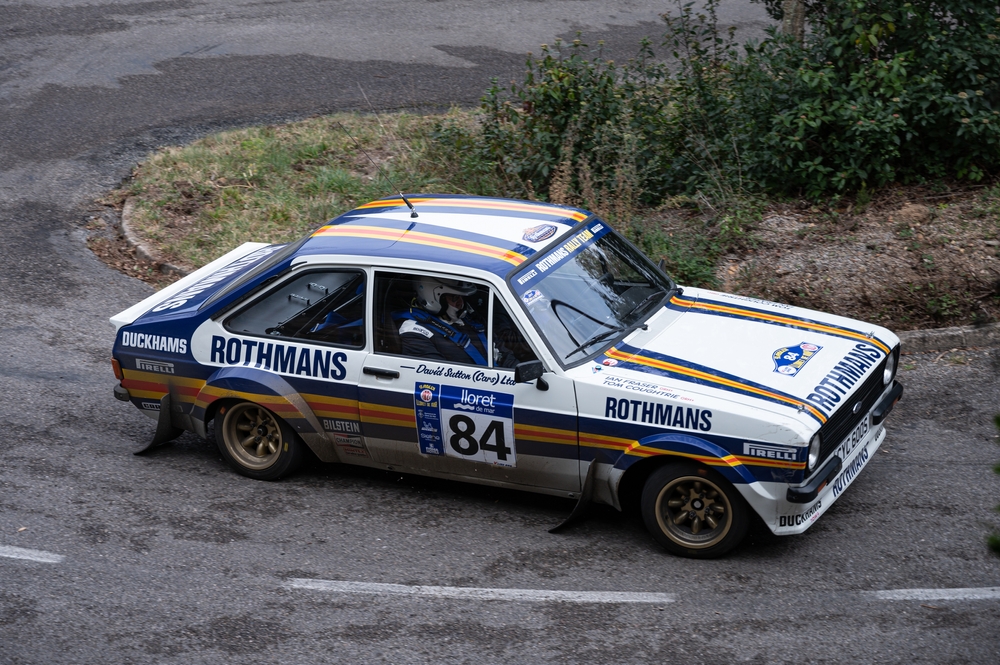
The Ford Escort RS1800 is a rally icon, thanks to its lightweight body and rear-wheel-drive setup. Equipped with a Cosworth BDA engine, it boasted impressive handling and agility, making it a favorite for rally drivers in the 1970s. Its dominance on loose surfaces, combined with numerous WRC victories, ensured its place in rally history as a dirt track champion.
Lancia Stratos HF
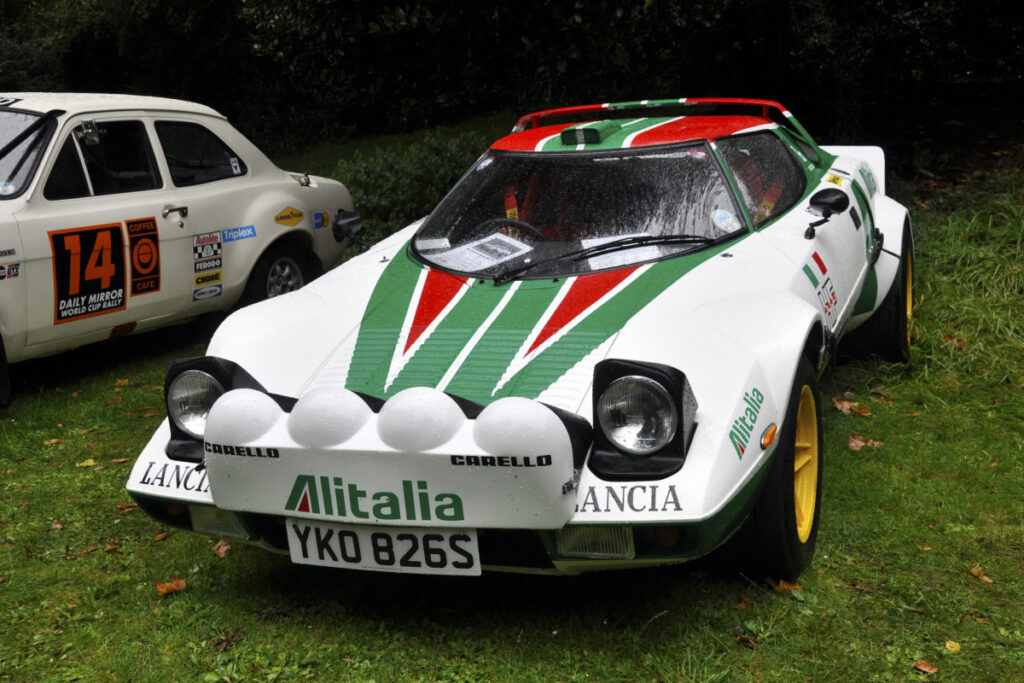
The Lancia Stratos HF was designed specifically for rally racing, with its wedge-shaped body and mid-engine layout. Powered by a Ferrari-derived 2.4L V6 engine, the Stratos delivered both power and agility. Its short wheelbase allowed for exceptional handling on dirt tracks, and it secured multiple WRC titles, cementing its status as a rally car legend.
Mitsubishi Lancer Evolution VI

Known for its aggressive performance and bulletproof all-wheel-drive system, the Mitsubishi Lancer Evolution VI was a dirt track master. Its turbocharged 2.0L engine produced around 276 horsepower, and combined with its advanced active yaw control and rally-proven suspension, it became one of the most capable rally cars of its era. Its success in the WRC only added to its legendary status.
Peugeot 205 Turbo 16
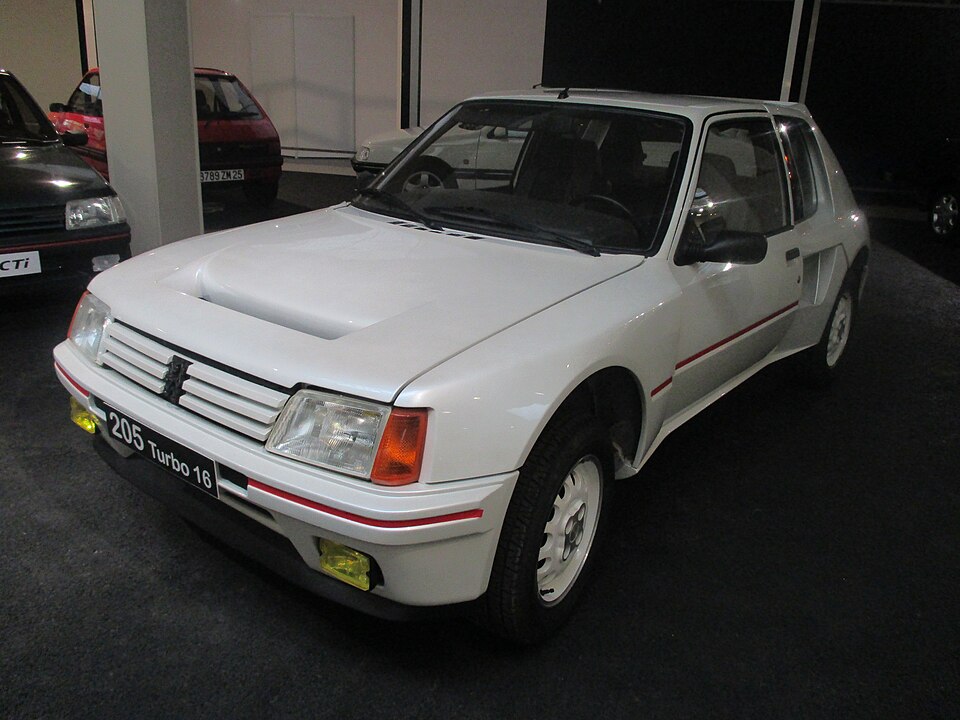
The Peugeot 205 Turbo 16 was one of the most successful Group B rally cars, thanks to its lightweight design and mid-engine, four-wheel-drive layout. It featured a turbocharged 1.8L engine that generated over 350 horsepower, allowing it to excel on dirt and loose surfaces. Its aggressive performance and two WRC titles in the mid-1980s solidified its place in rally history.
Toyota Celica GT-Four
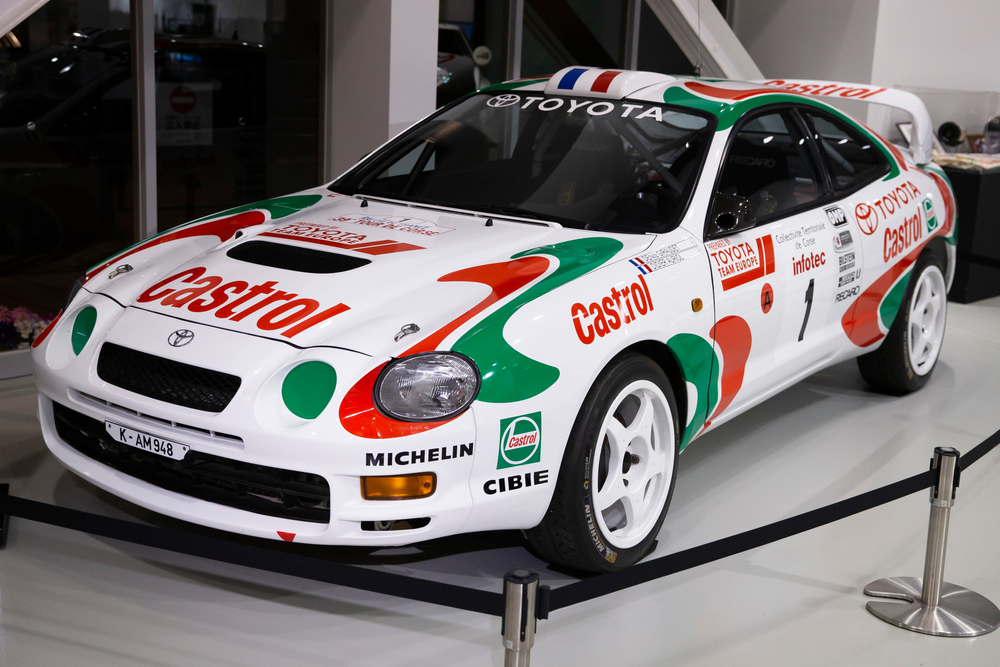
The Toyota Celica GT-Four dominated dirt tracks with its all-wheel-drive system and turbocharged 2.0L engine. Known for its reliability and durability, it became a favorite among rally teams, especially during long and grueling rally stages. With multiple WRC victories in the early 1990s, the Celica GT-Four became synonymous with rally success on dirt.
Ford Fiesta WRC
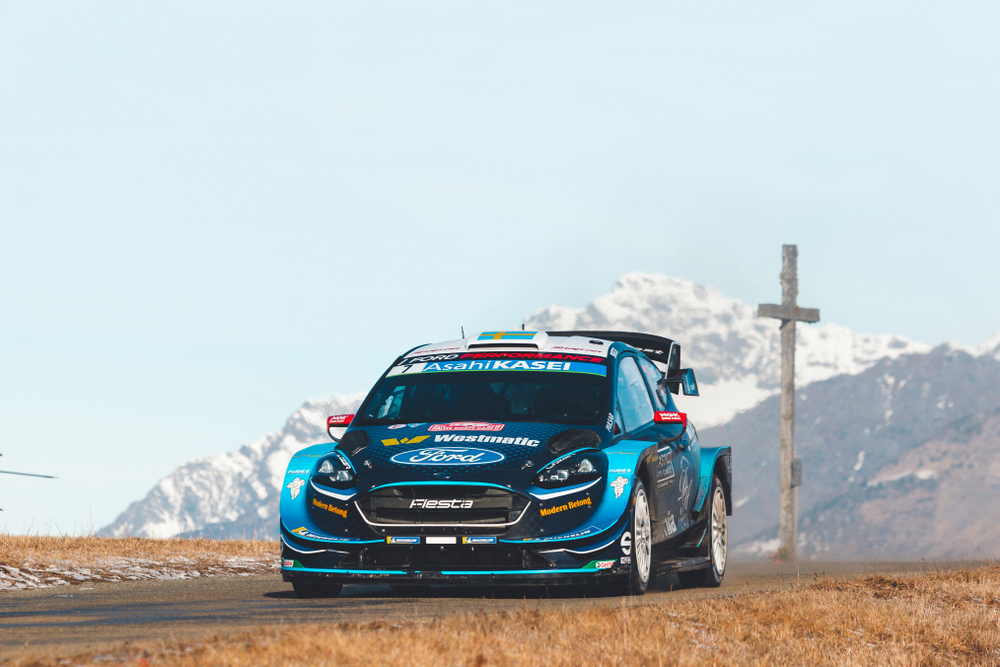
The Ford Fiesta WRC is a modern rally car that has proven its prowess on dirt tracks. Equipped with a turbocharged 1.6L EcoBoost engine and advanced all-wheel-drive technology, it delivers impressive power and handling. The Fiesta’s aerodynamic design and cutting-edge suspension made it a strong contender in WRC events, earning numerous podium finishes on rough terrains.
Volkswagen Polo R WRC
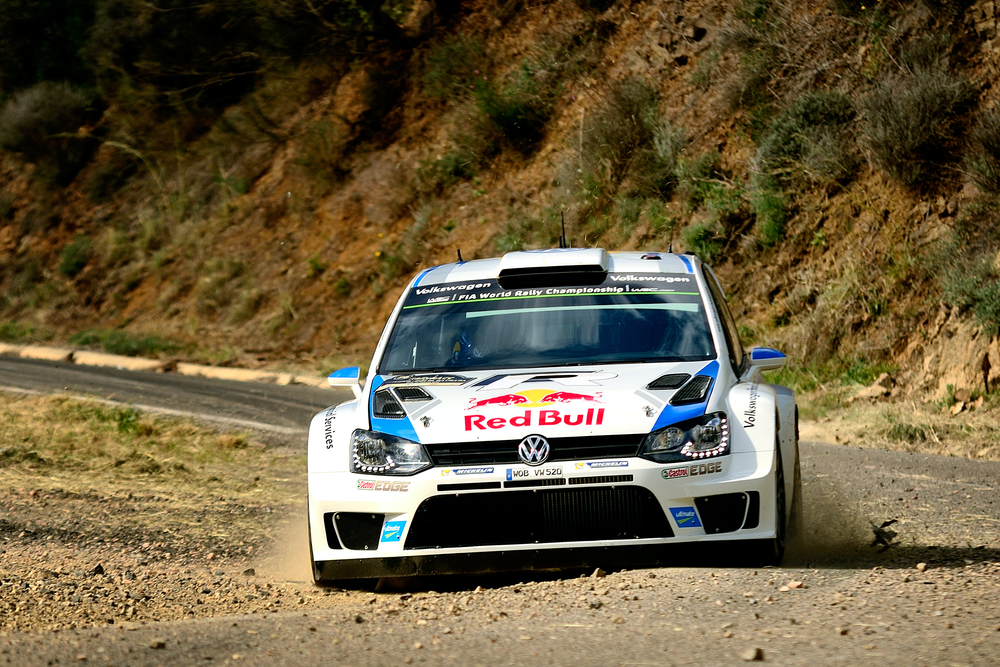
The Volkswagen Polo R WRC was an unstoppable force in the early 2010s, dominating the WRC with its turbocharged 1.6L engine and sophisticated all-wheel-drive system. The car’s lightweight design and precise handling made it especially effective on dirt tracks, contributing to Volkswagen’s four consecutive WRC championships from 2013 to 2016.
Citroën DS3 WRC
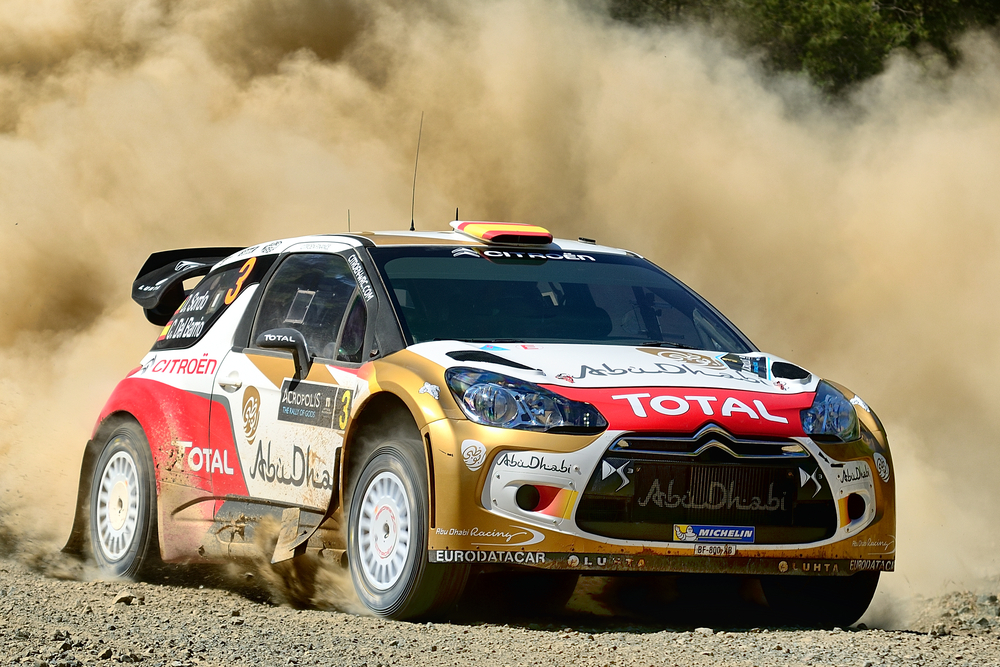
The Citroën DS3 WRC featured a powerful 1.6L turbocharged engine and an agile chassis, making it a competitive dirt track rally car. Its success in WRC, including helping Sébastien Loeb win multiple championships, showcased its capability to handle the toughest rally stages. Its compact size and advanced suspension allowed for precise control over rough terrains.
Lancia Delta Integrale
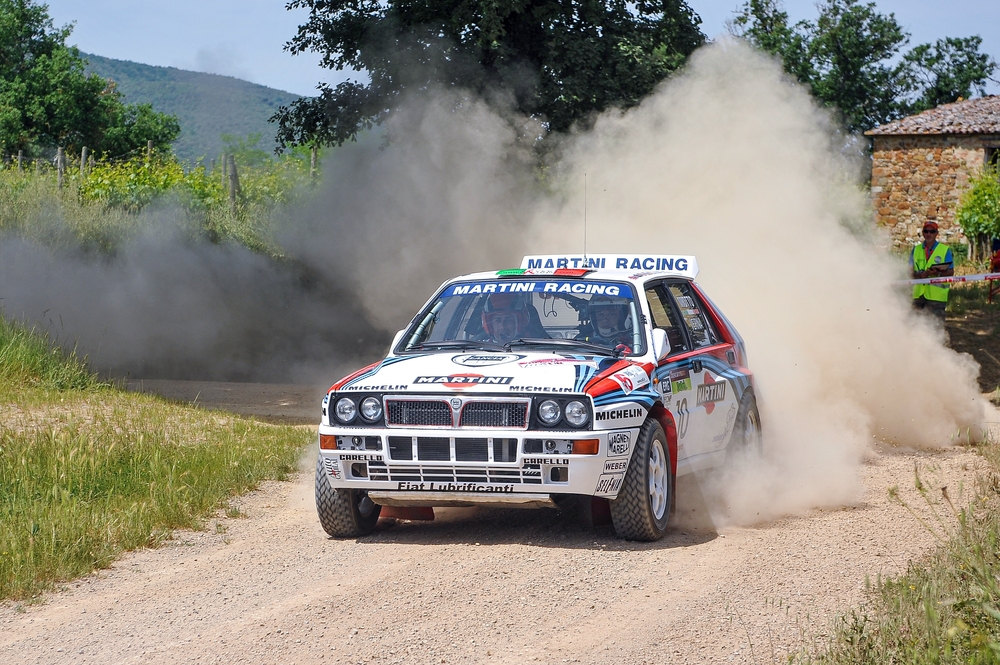
The Lancia Delta Integrale became one of the most dominant rally cars of all time, thanks to its advanced all-wheel-drive system and turbocharged engine. Its incredible handling and stability on dirt tracks helped it secure six consecutive WRC manufacturer titles between 1987 and 1992, making it one of the most successful rally cars ever.
Mini Cooper S
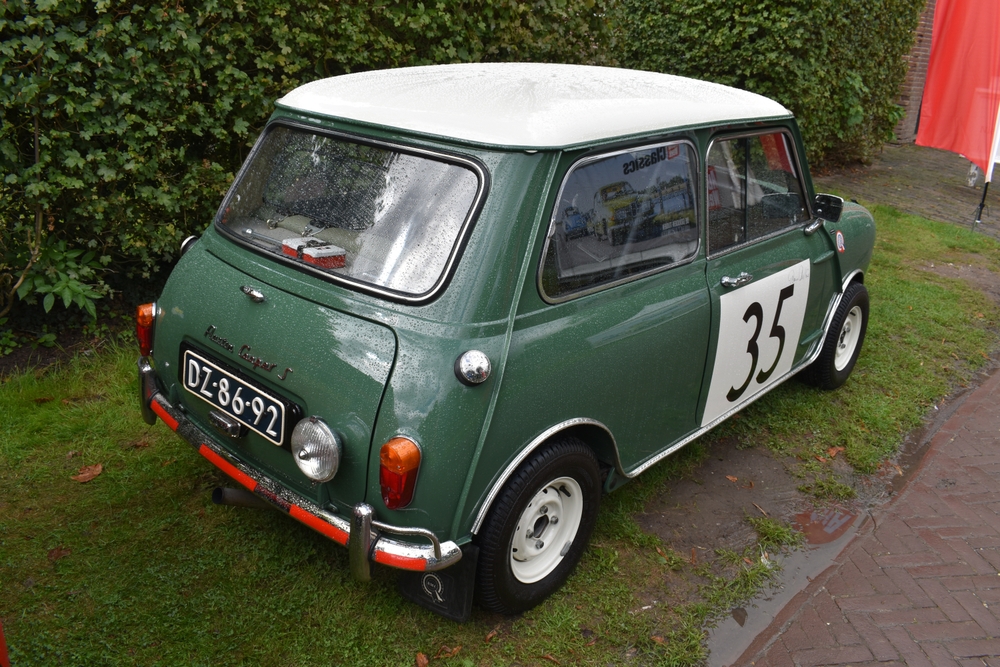
The Mini Cooper S may be small, but it made a huge impact on the rally world, especially on dirt tracks. Known for its nimble handling and lightweight design, the Mini’s front-wheel-drive system gave it excellent grip and maneuverability on rough surfaces. Its surprise victories in the Monte Carlo Rally in the 1960s solidified its place in rally history.
Renault 5 Turbo
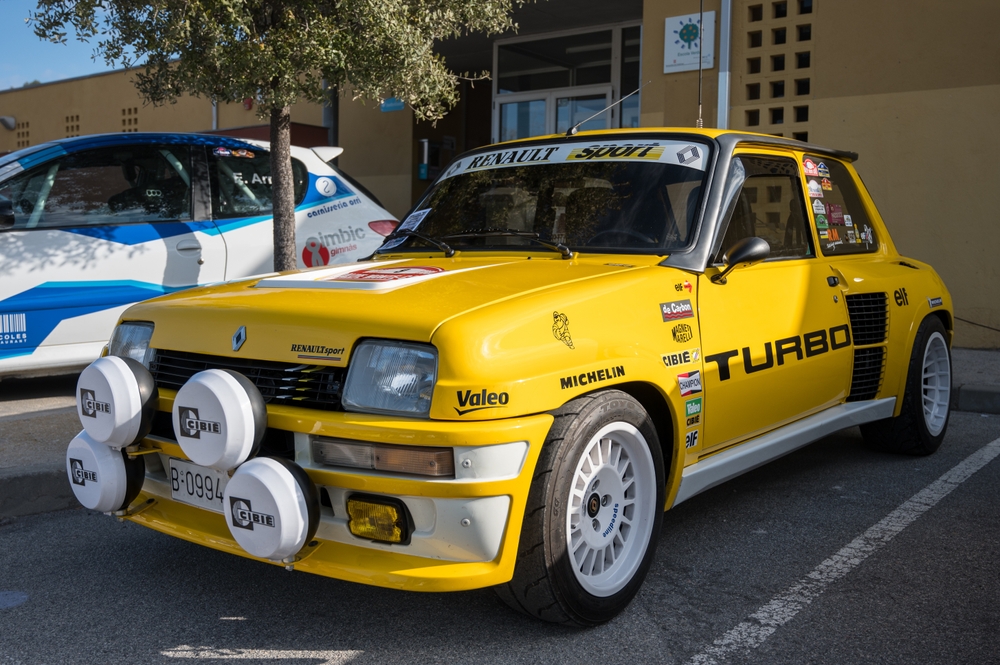
The Renault 5 Turbo was a rear-wheel-drive rally car with a turbocharged 1.4L engine mounted in the middle of the car, giving it impressive balance and agility on dirt tracks. Its compact size and high power-to-weight ratio allowed it to compete fiercely in Group B rally stages, making it a standout performer on challenging surfaces.
Datsun 240Z
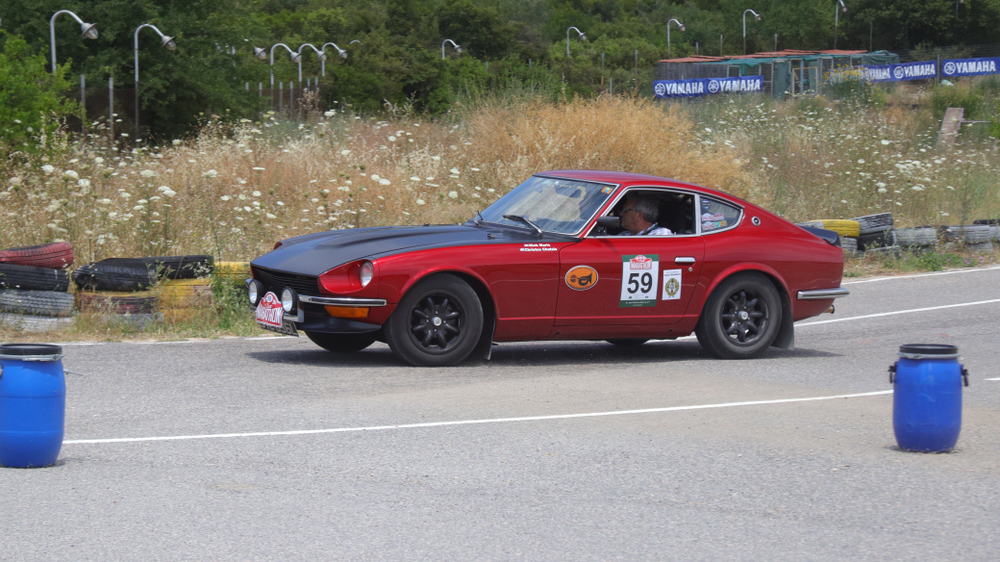
The Datsun 240Z proved to be a rally car that could handle a variety of surfaces, including dirt tracks. With its reliable straight-six engine and rear-wheel-drive setup, it offered excellent performance and durability during long rallies. The 240Z earned multiple victories in international rally events, including the East African Safari Rally.
Ford Focus RS WRC
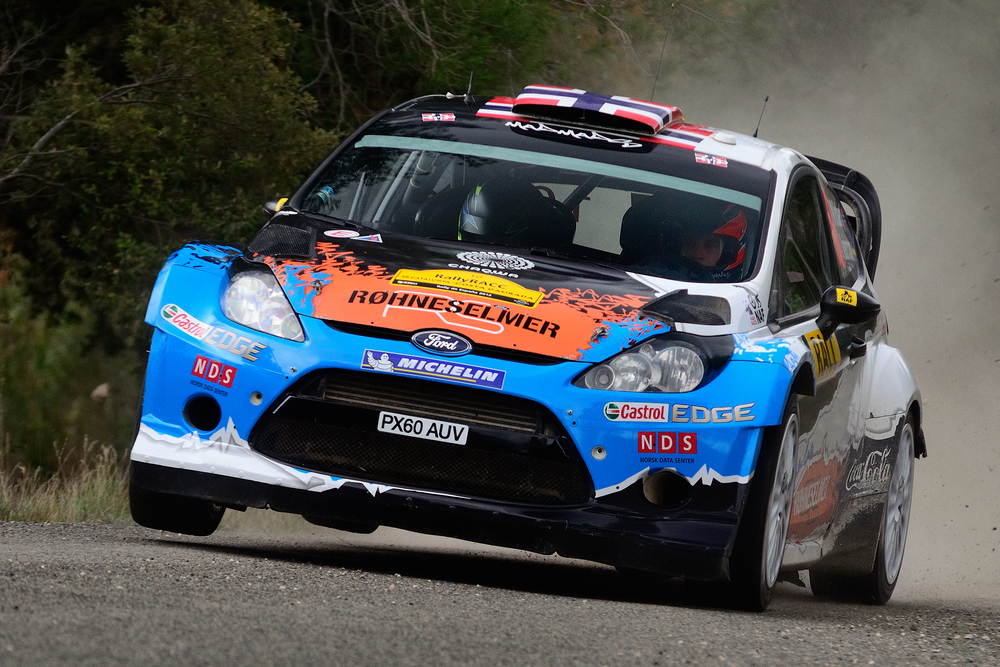
The Ford Focus RS WRC was a rally car designed to excel on dirt tracks, with its powerful turbocharged engine and four-wheel-drive system. The car’s advanced aerodynamics and suspension made it one of the most competitive vehicles in the early 2000s WRC circuit. It was driven by some of the top rally drivers, helping Ford achieve numerous victories.
Opel Ascona 400
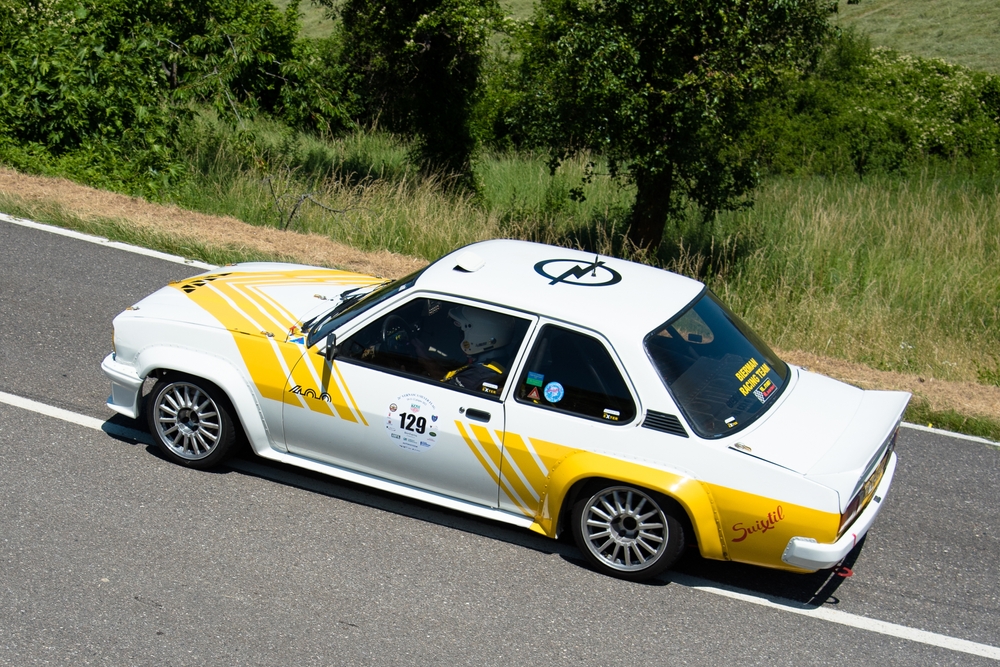
The Opel Ascona 400 was a rear-wheel-drive rally car that excelled in the early 1980s. Powered by a 2.4L four-cylinder engine, it was known for its toughness and reliability on dirt tracks. It achieved its most significant success in 1982 when it won the WRC driver’s championship with Walter Röhrl at the wheel, making it a rally legend.
Hyundai i20 Coupe WRC
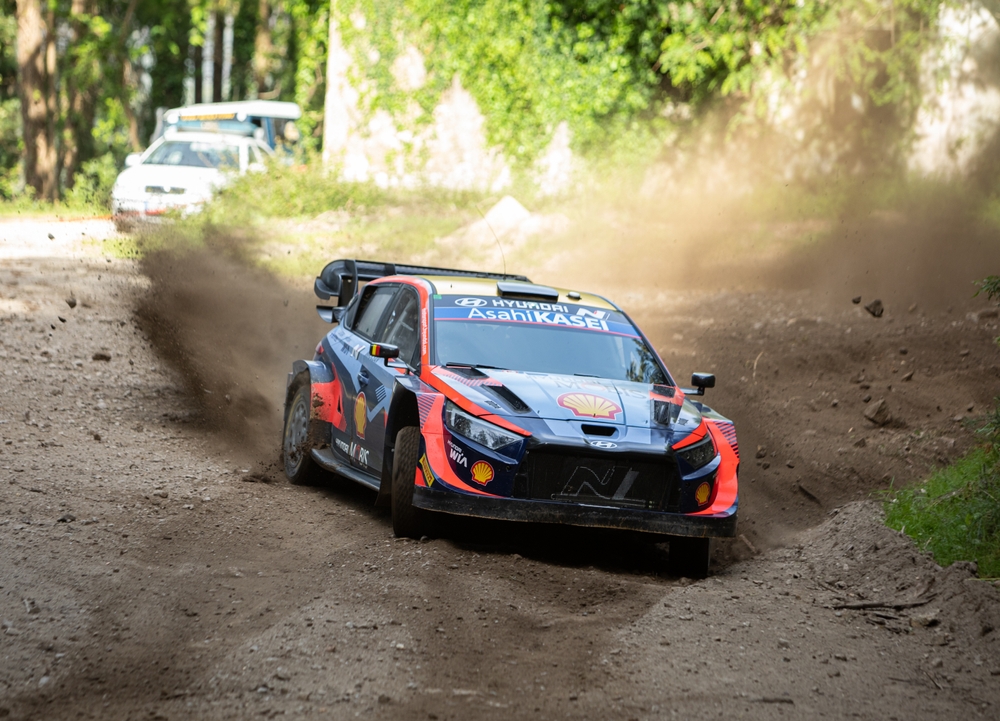
The Hyundai i20 Coupe WRC is a modern rally car that has made a strong impact on dirt tracks. With its turbocharged 1.6L engine and cutting-edge all-wheel-drive system, it offers both power and precision. The i20’s success in recent WRC seasons, including victories on dirt surfaces, has earned Hyundai a solid reputation in rally racing.
Skoda Fabia R5
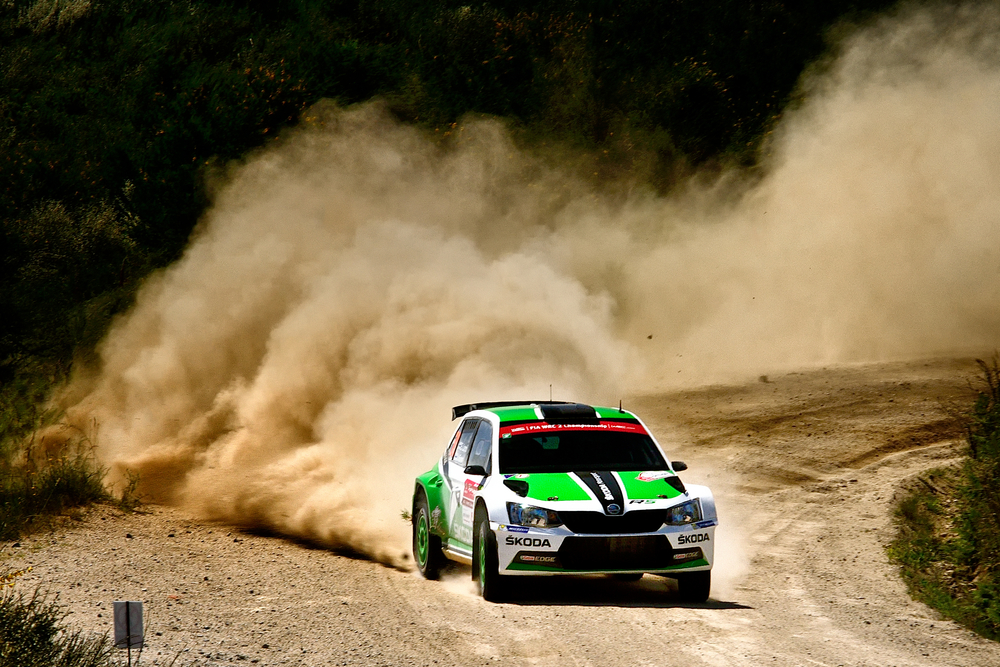
The Skoda Fabia R5 is a top contender in the R5 class of rally racing, known for its reliability and agility on dirt tracks. Its turbocharged 1.6L engine and four-wheel-drive system make it a competitive vehicle in both national and international rally events. The Fabia R5 has earned numerous victories in the WRC2 category, showcasing its capability on challenging terrains.
Audi Sport Quattro S1
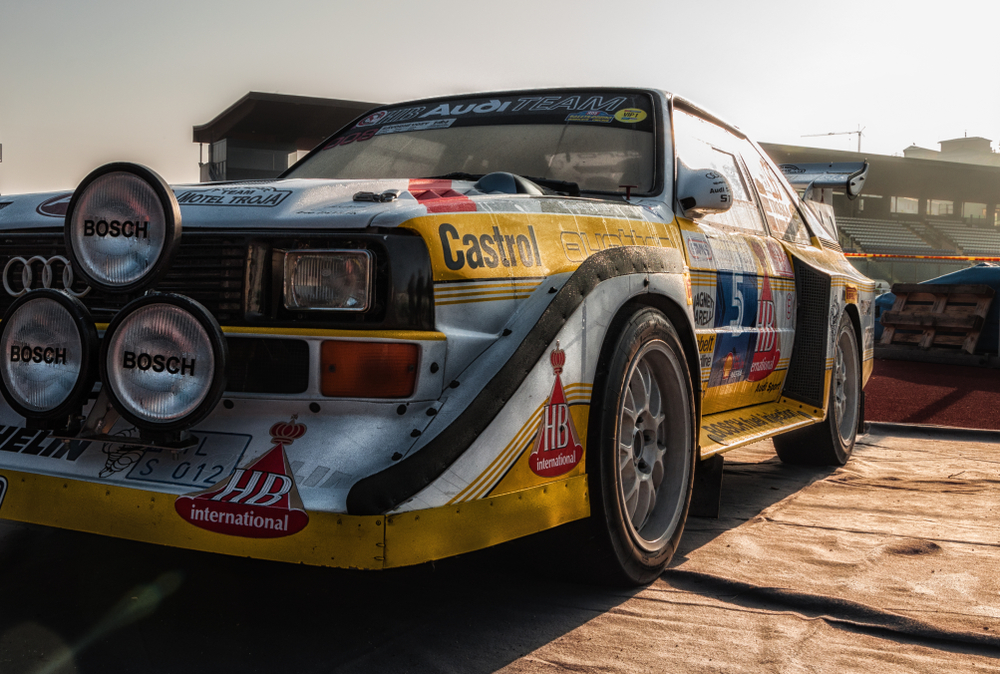
The Audi Sport Quattro S1 was an evolution of the original Quattro, with even more power and aggressive aerodynamics. Its turbocharged inline-5 engine produced around 600 horsepower, allowing it to tackle dirt tracks with ease. The car’s extreme power, coupled with its advanced all-wheel-drive system, made it a dominant force in the Group B era of rally racing.
Alfa Romeo GTV6
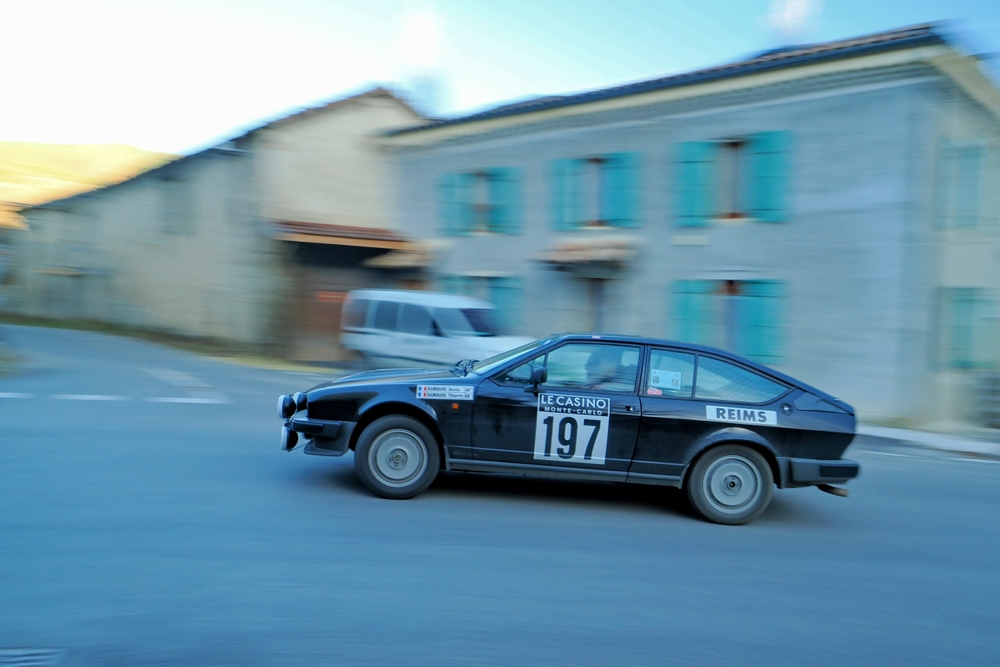
The Alfa Romeo GTV6 may not be as well-known as other rally cars, but its V6 engine and rear-wheel-drive setup gave it a strong presence on dirt tracks. It competed in the European Touring Car Championship and various rally events, earning a reputation for its handling and balance on challenging surfaces.
This article originally appeared in MyCarMakesNoise.
More from MyCarMakesNoise
20 Worst Parts of Charging an EV You Should Know

Charging an electric car is essential for keeping it running, but it comes with its own set of challenges. From long wait times to limited charging infrastructure, these issues can be frustrating for electric vehicle owners. Read More
20 Restoration Secrets from Veteran Classic Car Collectors

Restoring a classic car is a rewarding endeavor, but it involves a lot more than just fixing up an old vehicle. Classic car collectors have valuable insights that can help you navigate the restoration process more effectively. Read More
20 Futuristic Car Designs That Didn’t Live Up to the Hype

Futuristic car designs often promise cutting-edge technology and groundbreaking aesthetics, but not all of them live up to the hype. Many ambitious concepts have fallen short of expectations, disappointing enthusiasts and buyers alike. Read More

